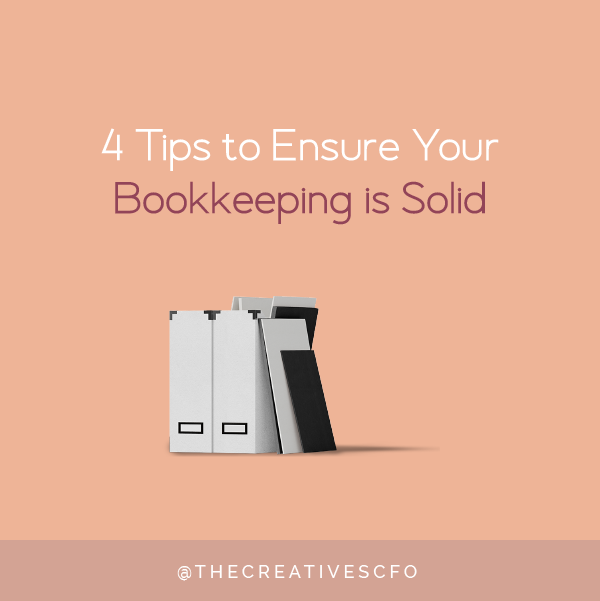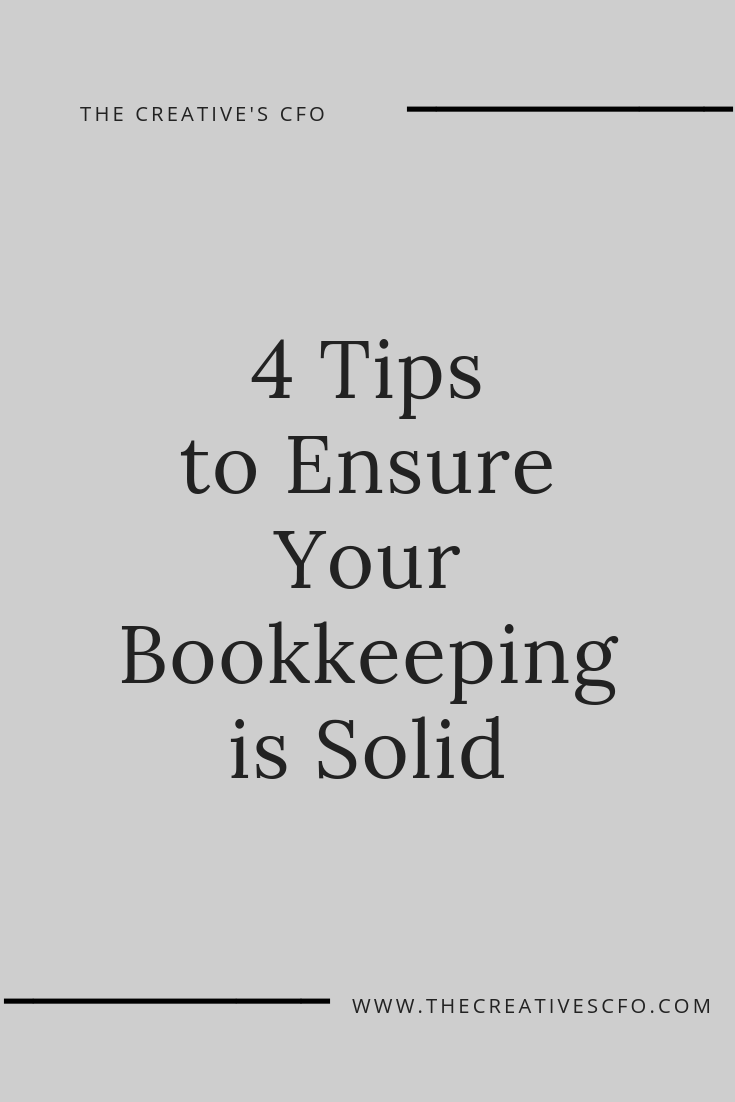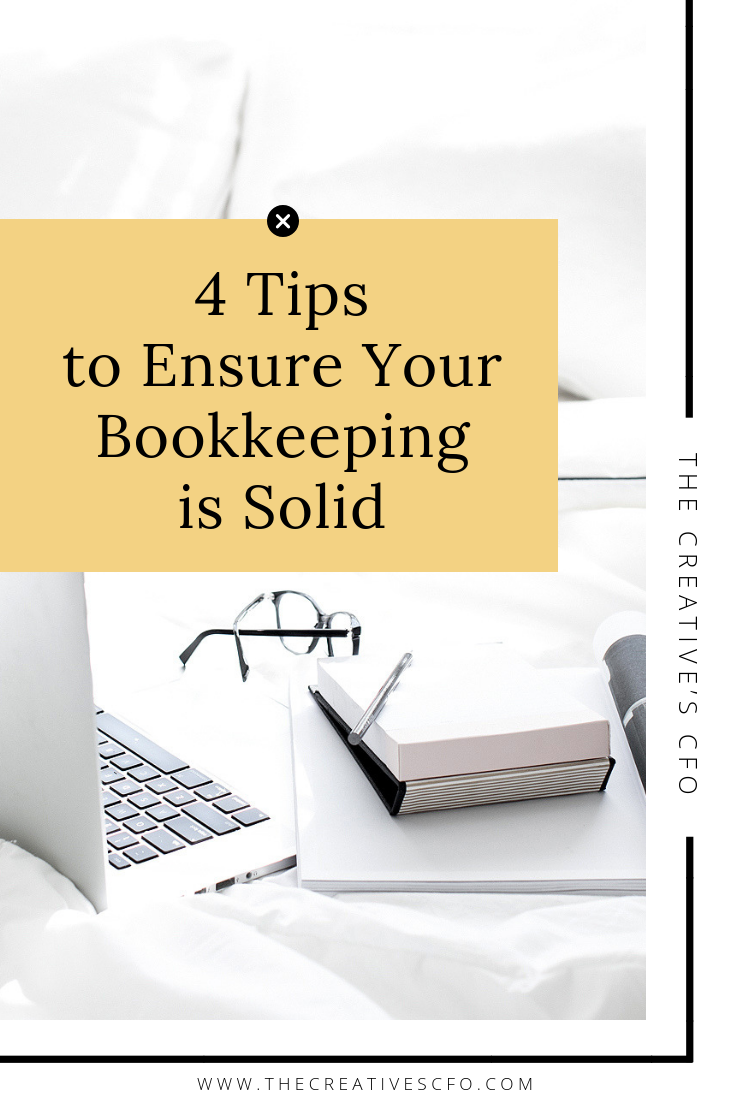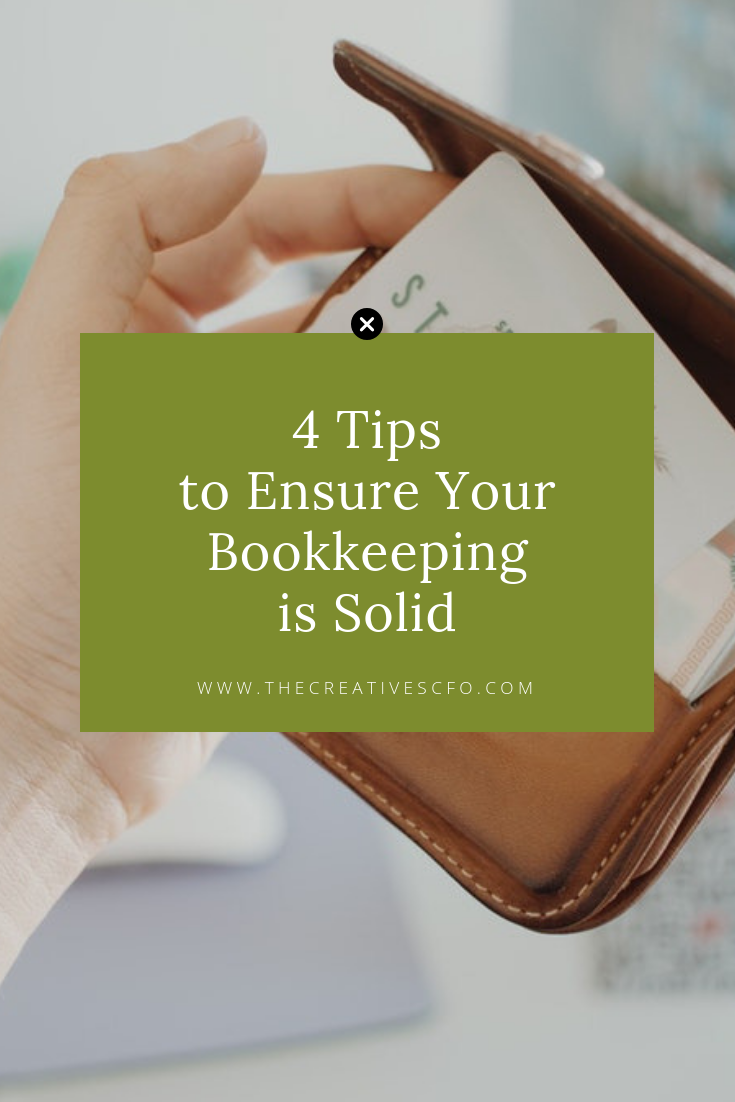When you’re a one-woman show, you wear all the hats! But that doesn’t mean that you can’t ask for help. After all, one quality of a good CEO is building the right relationships. And unless you’re a finance professional, I’m willing to bet an accountant is one of the relationships you could use most. Am I right?
If you’re not quite ready to outsource bookkeeping, you can still set yourself up for success. With the right tools and guidance, you can do your own bookkeeping. Here are a few questions you might be asking:
1. What accounting software should I use?
The two I recommend most are Quickbooks Online Plus (paid option) and Wave (free option). They’re easy to use, sync to your bank, and produce the reports you need to assess your business’s financial performance. Remember – your CRM (customer relationship management) software isn’t accounting software. It might have similar features, invoicing and tracking expenses, but it has limitations.
2. How do I organize transactions?
When organizing transactions, use categories that make sense for your business transactions. Accounting software comes with preset categories, but they may not make sense for your business. One of the first steps I take with new clients is to define these categories. This is also known as a Chart of Accounts. Your Chart of Accounts enables consistency to make strategic financial decisions.
3. Do I need to reconcile my bank account?
YES! This ensures you aren’t missing out on valuable tax deductions. The easiest way to stop on top of this is by reconciling your bank accounts each month. Reconciling your bank account allows you to catch any missed financial records. These may include automatic charges or returned customer payments. By reconciling your accounts monthly you can follow up and collect.
If you set up your accounting software to sync with your bank, monthly reconciling ensures that imported transactions are accurate.
4. How did all these receipts pile up?
It’s because you’re busy running a business! Create a recurring monthly event for bookkeeping and running financial reports. Your financial reports tell the history of your business transactions. Knowing the history helps you make strategic adjustments to daily operations.
If these questions sound familiar, you’re headed in the right direction. Being proactive about your finances is critical for business longevity.



